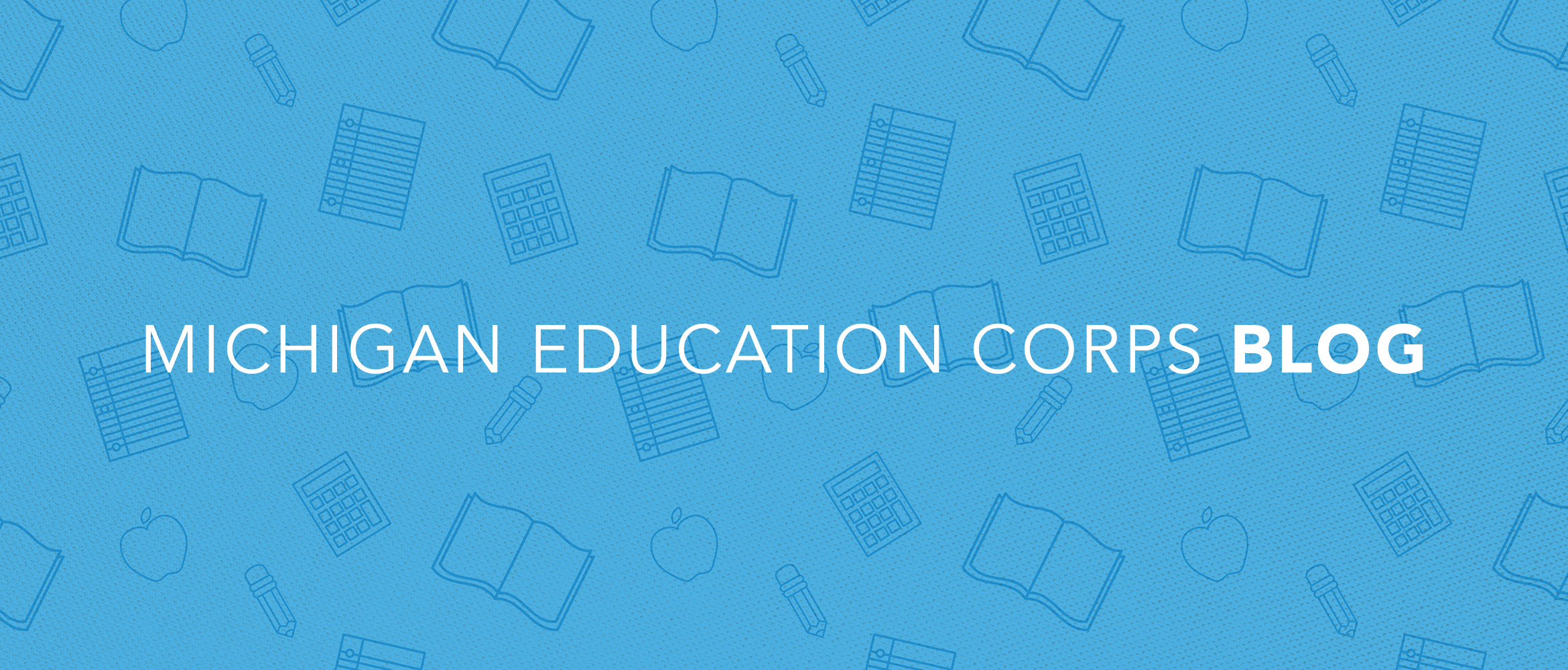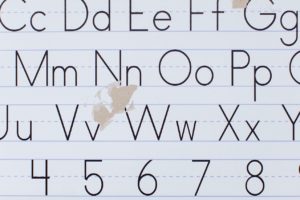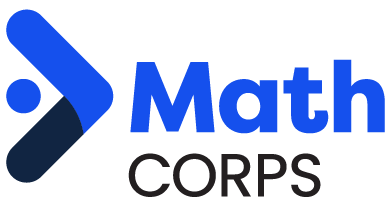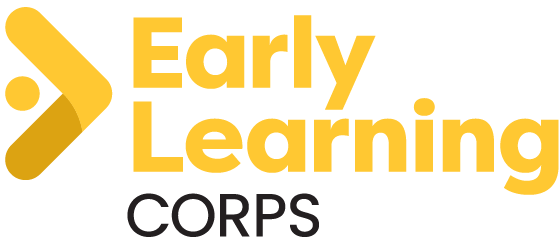2022 – Year of Service
 As we head into the third year of the pandemic (which feels more like the tenth year), we wanted to give some background on how MEC has been impacted and how we’ve adapted our services as a result.
As we head into the third year of the pandemic (which feels more like the tenth year), we wanted to give some background on how MEC has been impacted and how we’ve adapted our services as a result.
It is likely that most people will distinctly remember the government-ordered lockdowns of March 2020 that flipped everyone’s lives upside down. As a result, many school partners could not host MEC programming, a majority of our funding was cut, and our team experienced layoffs. It was, as every news outlet had said, unprecedented and we felt the brunt of all the negative impacts. Honestly, it was scary and these were hard times.
But, our MEC mission compelled us to be resilient and make a comeback. In August of 2020 a small remaining team established online and hybrid programming options for schools, a first for the MEC. Once the school year began, it was really our interventionists and our school Internal Coaches that made it all a success. They all played a crucial role in helping students close their math and literacy achievement gaps in this new virtual world of learning. Data proved this. In 2020-2021 MEC interventionists served 1,224 kids with evidence-based, high-dosage tutoring, despite COVID-19 interference. MEC Interventionists get things done.
Thankfully, our program funding was fully restored and even expanded due to the high demand for MEC services. For now, it is safe to say that we are operating smoothly and that our team – MEC staff, Coaches, Interventionists – have a fully charged sense of enthusiasm to close reading and math achievement gaps for kids.
But, we need to keep our eye on the big picture of Michigan education.
Michigan’s kids are in trouble. They have experienced so much.
The Michigan Department of Education released Education in a Pandemic: The Disparate Impacts of COVID-19 on America’s Students detailing how educational gaps for our most vulnerable students, which existed before the pandemic, have only widened in the past few years.
The report states, “COVID-19 appears to have deepened the impact of disparities in access and opportunity facing many students of color in public schools, including technological and other barriers that make it harder to stay engaged in virtual classrooms.”
This rings especially true through the eyes of MEC Interventionists who experience this on the front lines in schools every day. For some of them, the pandemic and shift to virtual tutoring was a sobering reminder of how inequities that exist in their communities can still translate in the virtual world, a phenomenon researchers call the digital divide.
Other parts of the big picture include a teacher shortage and schools struggling to stay open with recurrent COVID-19 outbreaks. The need for highly trained educators has never been so dire, and this is where MEC comes in. We are that extra set of skilled hands for schools to help meet this huge need to address unfinished learning. MEC Interventionists are caring adults providing encouragement, skills, and confidence for kids every day.
So, how do you address Michigan’s growing literacy and math learning gaps while going into the third year of unpredictable online learning, school staffing shortages, and changing policy. Continued adaptation, evidence-based intervention, eyes on under-served communities, and dare we say–love?
Andrew Koerner, a returning MEC Interventionist serving a fourth service term, recently shared a story about his experience serving one of his younger students. He detailed how he has seen how some kids are impacted negatively by virtual learning and how giving a little extra attention can make all the difference in the world.
“I am now in my fourth service term as a reading tutor/interventionist. In this time, I have seen a full spectrum of students and their abilities. This year, I seem to have a lot of [students with low reading skills]. I believe this is due at least in part to the fact that many of them were virtual learners last year, and as a result, they got behind on reading. I want to share my experience about one particular student here. He is a first-grader. He is so low that even phoneme blending, the lowest intervention, is a struggle for him. This was especially true during the first couple weeks of school. We never made it past the first few words. No matter how many times I went over the words during error correction, he simply could not retain them. It was a bit frustrating and discouraging as well. But I received a useful suggestion at my first data review meeting. I was told to focus on a few words at a time and do extra rounds of modeling and practice with him. I was able to implement this suggestion, and made the intervention much more structured. The results have been amazing! He is now breezing through most of the words in the first column, and only runs stuck in the last five words or so. But I am confident that he will soon have these mastered as well. I can’t wait to see him advance to the next few columns and eventually move on to new interventions. He had a slow start, but I am optimistic that he is going to “take off” soon and begin to soar.” -Andrew Koerner
Today, accounting for all our setbacks and accomplishments, Michigan Education Corps’ foundation is as solid as ever. We are serving more schools than ever before, we have the highest rate of MEC Interventionist retention, our MEC team is growing, and – thanks to amazing partners – we have the funding we need to serve even more kids. Now, it is time for us to go into 2022 and make it our year of service. We are striving to grow our program by increasing our AmeriCorps interventionists, creating even more partnerships with schools and community organizations, and most importantly, providing a brighter future for every student we serve.
From all of us here at Michigan Education Corps and Hope Network, Happy New Year.
Now let’s go get things done!










